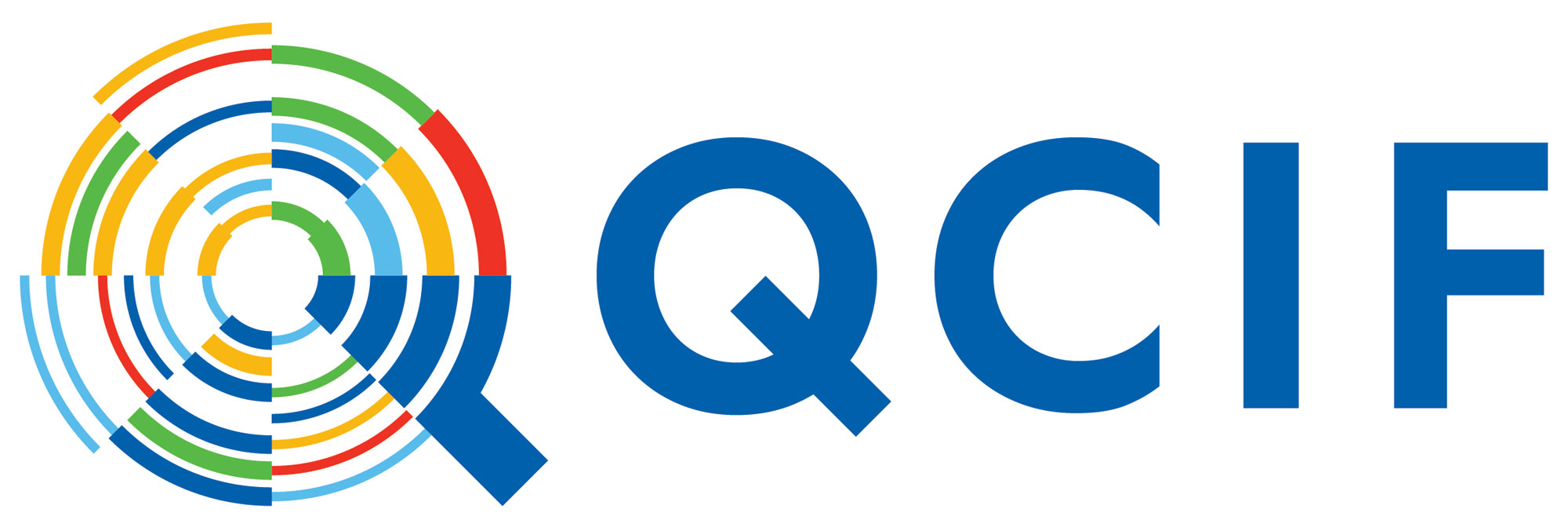QCIF, in collaboration with The University of Queensland’s Research Computing Centre (RCC), has introduced a new file transfer service this year and it is already making research data sharing a lot easier.
Dr Steffen Bollmann, a Research Fellow in UQ’s School of Information Technology and Electrical Engineering (ITEE) and an Affiliated Research Fellow in UQ’s Centre for Advanced Imaging (CAI), once had to courier hard drives containing research data to collaborators overseas. He now uses the Globus Web App involving very fast data transfers, no courier fees and minimal risk of data loss.
“With the secure and fast data sharing enabled by Globus we can transfer large data sets both nationally and internationally, which made collaborations easier and faster,” said Steffen. “This frees up significant time to focus on data analysis rather than spending time on managing data transfers.”
Steffen and his research group use Globus to transfer human magnetic resonance imaging data from institutions in the USA and Europe to Australia and back (see RCC’s case study about Steffen’s research).
“Before Globus, we transferred the data via ‘rsync’ and ‘ssh’ connections, which was quite fragile, or we had to physically courier hard drives, which also wasn’t ideal. Since the data sets are often multiple tens of gigabytes, existing cloud services are also not feasible.”
The Globus Web App is a high-speed file transfer system that enables researchers to securely move large volumes of data to other Globus-connected sites across the world efficiently and quickly, all via a web-based platform.
The Globus app, using a blend of industry-leading technologies, can be used for moving research data in and out of QCIF cloud computer QRIScloud and its data collection storage service.
Stephen Bird, QCIF’s Business Group Manager for QRIScloud, said: “Enabling high-speed data transfer into and out of QRIScloud data collections through Globus helps round out the set of end-to-end storage services that are available to our Members. The service is available to all users of QRIScloud data collections storage.”
QRIScloud data collections are not Globus-enabled by default, so consultation is required before a collection will be visible inside the Globus portal.
“We encourage users with large data movement requirements to contact the QRIScloud Help Desk (support@qriscloud.org.au) to discuss their needs,” said Stephen.
QCIF’s Member researchers may use their institutional credentials to log into the Globus service.
Globus offers a browser-based view of data and a familiar drag-and-drop interface for users, but also provides powerful command line capabilities for more advanced use cases.
The Globus deployment was enabled nationally by AARNet, which funded licensing to several sites across Australia, including UQ.
QCIF funded the Queensland hardware for Globus, including high-speed transfer nodes located offsite in Springfield’s Polaris Data Centre, to benefit its Member university researchers, including those at UQ, QUT, Griffith University, USQ, JCU, CQU, USC and Bond University.
RCC staff built the local Globus service with AARNet’s assistance for network performance and optimisation.
Nationally, Globus was chosen for high-speed file transfers as it is low cost and the most ubiquitous and well-known platform for such tasks.
Globus has more than 1,500 connected institutions in about 80 countries, including many universities and research institutions in the United States.
A group at the University of Chicago developed and operates Globus as a non-profit service for use by the global research community.

